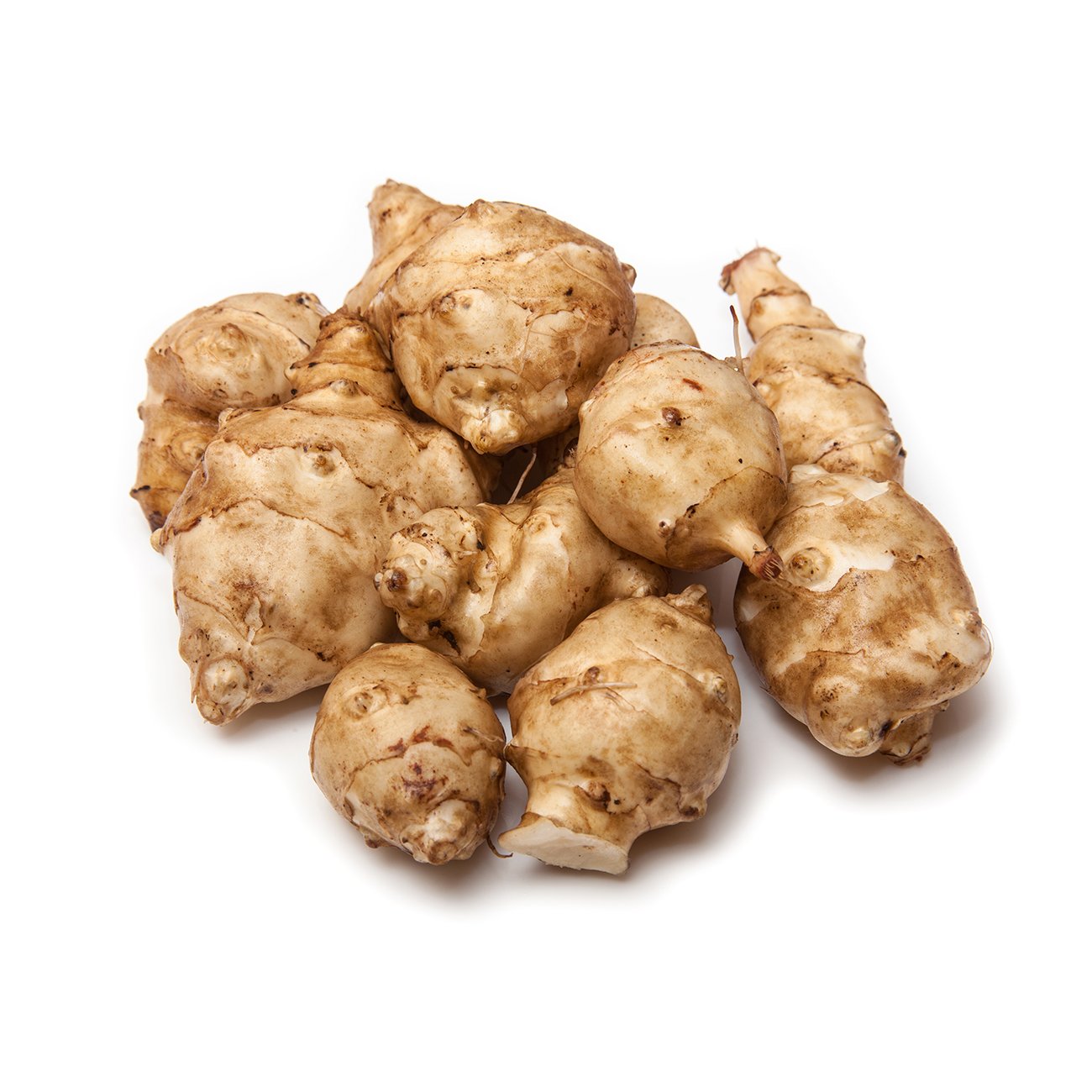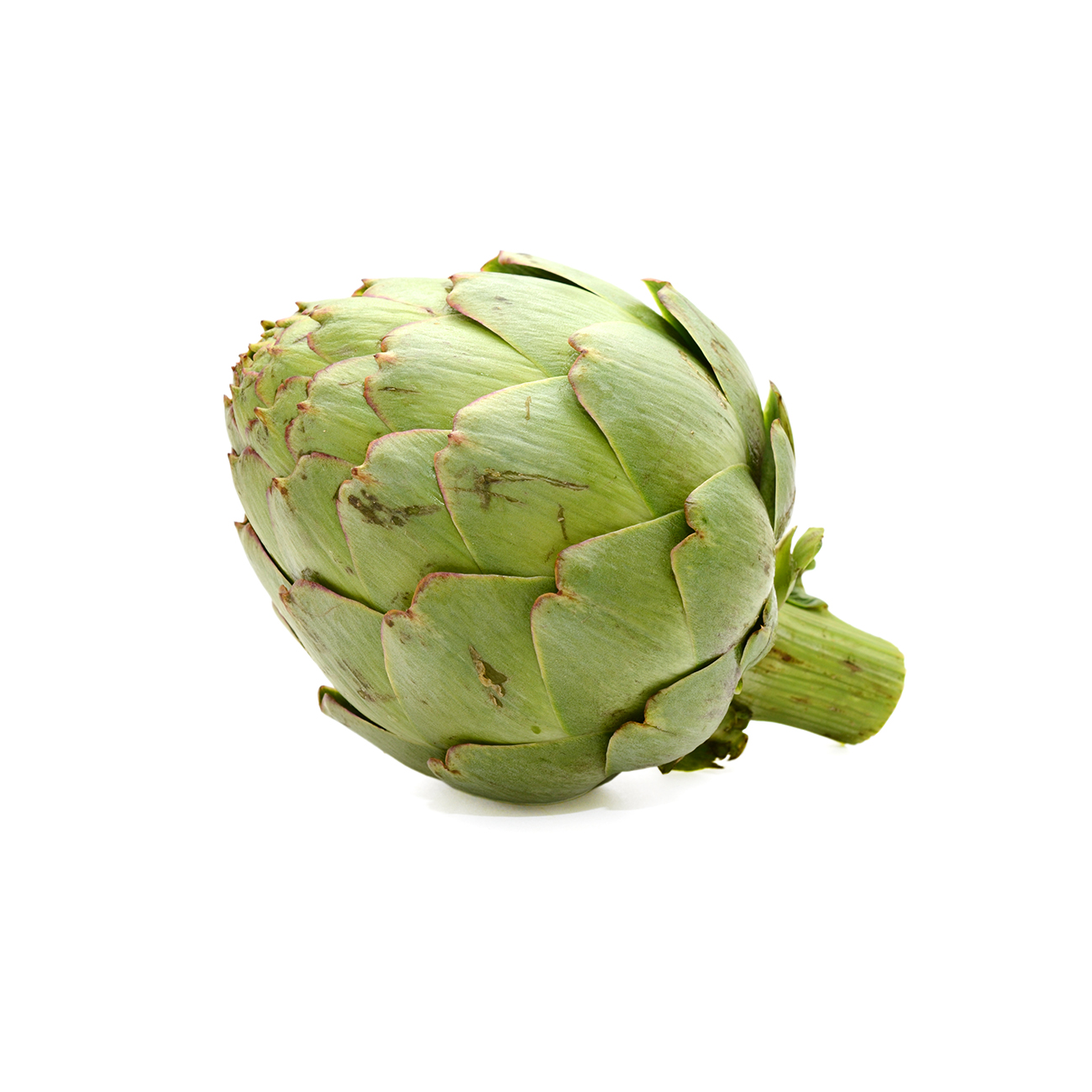Artichokes, Jerusalem
This knobbly root vegetable is known for its nutty and sweet flavour.
Alternative Name
earth apple, sunchoke, sunroot, topinambour
Scientific Name
Helianthus tuberosus
Health benefits
The Jerusalem artichoke is the tuber of a type of sunflower and resembles a knobbly potato. You might even mistake it for a piece of ginger. Jerusalem artichokes are unusual in that they store energy as the carbohydrate inulin instead of starch. They are excellent in a soup or roasted.
-
Harvesting
The Jerusalem artichoke is grown annually, but the tubers are harvested early winter once the tops die. Size and shape are critical quality attributes, varying with production conditions. During storage, tubers undergo significant alterations in carbohydrate chemistry which can have an effect on quality.Postharvest storage temperature
Tubers can withstand low temperatures without damage but freeze at -2.2°C. Temperature at which freezing damage occurs varies.Controlled atmosphere storage
Controlled atmosphere storage benefits have not been assessed. Storage of 22.5% CO2 + 20% O2 slows the rate of inulin degradation.Ethylene sensitivity
Tubers are not sensitive to ethylene.Humidity storage
Tubers shrivel readily at low relative humidity and are more likely to decay.Disease & infection
Storage rots are a serious problem and higher storage temperatures result in greater loss. This is controlled by storage at 0–2°C, removal of diseased tubers, minimising mechanical damage and proper relative humidity control. -
Scrub before use. Keep in paper bag in cool dark place.

You might also like
Veggy tip
Give Jerusalem artichokes a quick boil without too much water so you are not compromising taste and nutrition. Try adding a knob of butter, or a drizzle of olive oil with fresh herbs.


